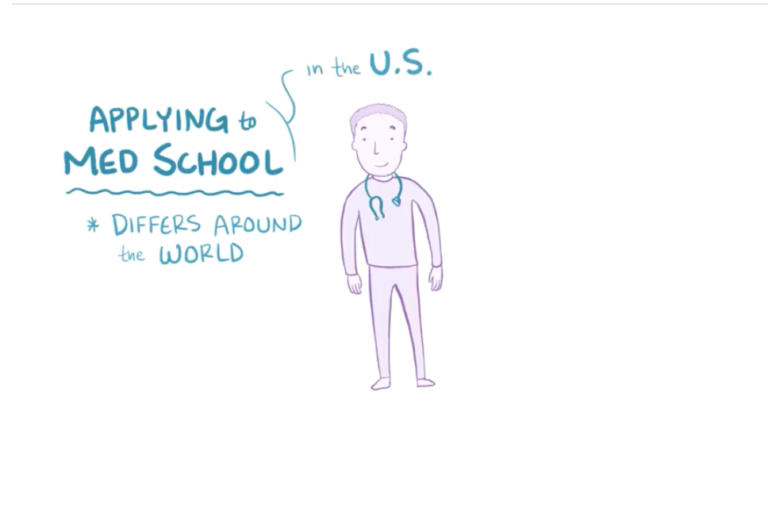
5 Tips for Finding and Working With a Mentor
Do you know anyone who raves about their mentor? A mentor can offer you expertise ... Read more
Written by: AAMC Staff
Published on: August 10, 2017

Do you know anyone who raves about their mentor? A mentor can offer you expertise ... Read more
Written by: AAMC Staff
Published on: August 10, 2017

The transition from high school to college is stressful for many students, and perhaps more ... Read more
Written by: Cassie Kosarek
Published on: August 8, 2017

As a premedical student, you are likely familiar with some of the subjects that are ... Read more
Written by: Cassie Kosarek
Published on: June 9, 2017

Sometimes it feels like prepping for med school really is like bracing yourself against the ... Read more
Written by: Atlantis Project
Published on: May 31, 2017

I was seated on a child-sized plastic chair along a wall in the classroom when ... Read more
Written by: Nicole Hawkins
Published on: May 25, 2017

The 2018 AMCAS application cycle has started! If you plan to apply to attend medical ... Read more
Written by: AAMC Staff
Published on: May 11, 2017

Dr. Tyler Edwards is an attending physician who specializes in family medicine, practicing for almost ... Read more
Written by: Thomas Richards
Published on: May 8, 2017

The CARS section of the MCAT Exam can be really scary. It’s not that you ... Read more
Written by: Cambridge Learning Center
Published on: March 30, 2017

Whether or not a student should take a “gap year” (or two) often comes up ... Read more
Written by: Laurie Tansey
Published on: March 22, 2017

When medical students start to think about areas of practice to specialize in once they ... Read more
Written by: Brian Wu
Published on: March 21, 2017

If you’re applying to medical school this year, you’re probably starting to think about what ... Read more
Written by: AAMC Staff
Published on: March 9, 2017

In an ideal world, your first attempt at applying to medical school would also be ... Read more
Written by: Cassie Kosarek
Published on: March 8, 2017

The Critical Analysis and Reasoning Skills (or CARS) section of the MCAT is occasionally placed ... Read more
Written by: Cassie Kosarek
Published on: February 8, 2017

Wondering if a career as a doctor would be a good fit for you? Already ... Read more
Written by: Student Doctor Network
Published on: February 7, 2017

As a child, José Cavazos, MD-PhD, was a self-proclaimed “book rat”. So, it makes sense ... Read more
Written by: Suzanne Barston
Published on: January 23, 2017

Studying for the MCAT exam can be daunting, and chances are, you’ve typed “How do ... Read more
Written by: AAMC Staff
Published on: January 12, 2017

Being a pre-medical student means committing to a years-long process aimed at ultimately gaining admission ... Read more
Written by: Cassie Kosarek
Published on: January 11, 2017

Updated December 8, 2021. The article was updated to correct minor grammatical and technical errors. ... Read more
Written by: Patrick C. Beeman
Published on: January 10, 2017

Happy New Year from Student Doctor Network! I have always loved the beginning of a ... Read more
Written by: Amy Rakowczyk
Published on: January 5, 2017